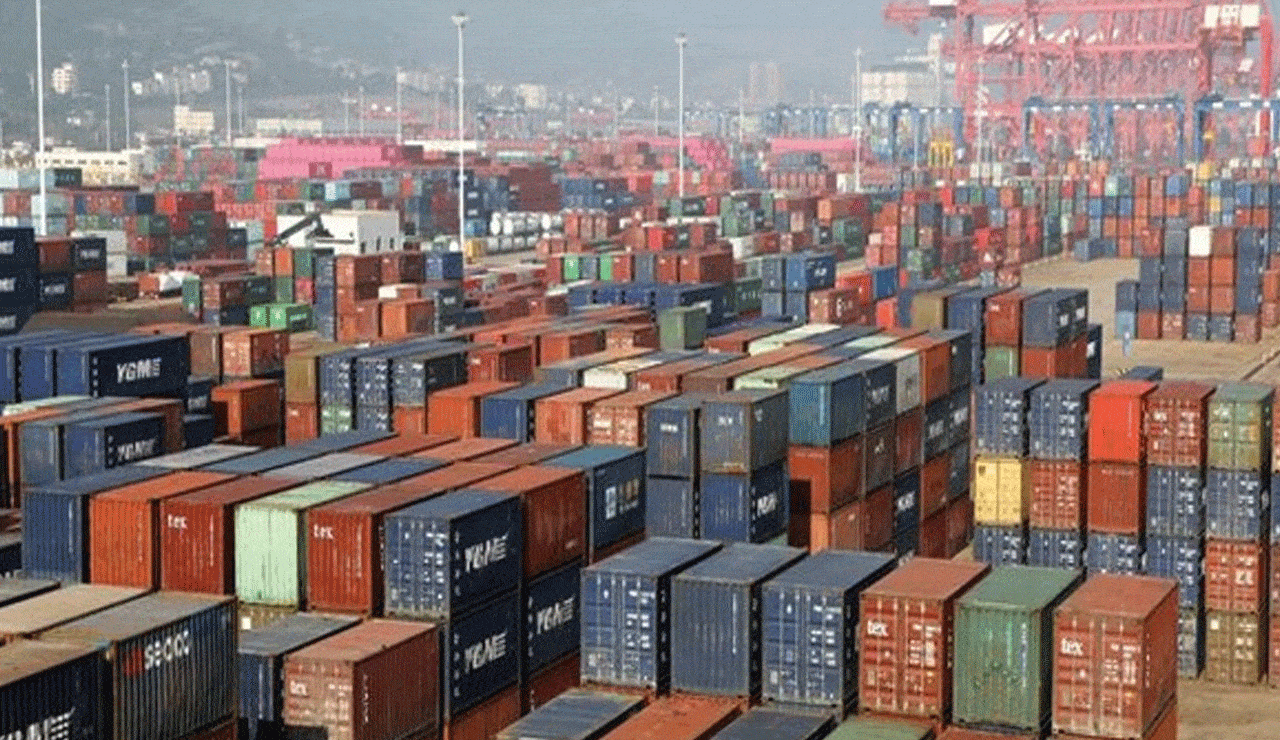India-Pakistan Trade: Over $10 Billion in Goods Flow Through Alternative Channels
Despite ongoing trade restrictions between India and Pakistan, trade data reveals that Indian merchandise worth over $10 billion annually is reaching Pakistan through alternative trade channels.

New Delhi: Despite ongoing trade restrictions between India and Pakistan, trade data reveals that Indian merchandise worth over $10 billion annually is reaching Pakistan through alternative trade channels. These indirect routes allow businesses to bypass existing trade limitations, with intermediary ports in Dubai, Singapore, and Colombo playing a crucial role in facilitating this trade.
Table of Contents
Alternative Trade Routes: Bypassing Restrictions
According to a report by the Global Trade Research Initiative (GTRI), businesses are increasingly using ports in Dubai, Singapore, and Colombo as key transshipment points. Goods are transported to these intermediary locations, where they are unloaded, stored in bonded warehouses, and relabelled to disguise their country of origin.
The transshipment process involves Indian-made goods being relabelled, often as “Made in UAE,” allowing them to be shipped to Pakistan without directly violating trade bans between the two nations. These warehouses, which offer duty-free storage for goods in transit, are essential for enabling the smooth flow of merchandise across borders, despite the lack of direct trade between India and Pakistan.
The Grey Area of International Trade
The GTRI report suggests that while this practice is not necessarily illegal, it operates in a grey area, with businesses staying ahead of government regulations to maintain the trade flow. The strategy allows Indian companies to circumvent trade restrictions, obtain higher prices, and avoid detection, as transactions appear to originate from countries other than India.
Diplomatic Tensions and Impact on Trade
This indirect trade channel comes at a time of rising diplomatic tensions between India and Pakistan. In response to a recent terrorist attack in Pahalgam that claimed 26 lives, India has taken several diplomatic actions, including shutting down the Integrated Check Post at Attari, canceling the SAARC Visa Exemption Scheme for Pakistani nationals, and reducing diplomatic staff at both nations’ high commissions.
Also Read: KTR Unveils Silver Jubilee Celebrations with Tribute to Telangana Martyrs
Furthermore, the attack has led India to suspend the 1960 Indus Waters Treaty, escalating the already fragile relationship between the two countries. These developments are expected to have a significant impact on future commercial exchanges between India and Pakistan, including the continued use of alternative trade routes for Indian goods.
Trade in the Shadow of Political Strains
While businesses have found ways to maintain trade despite political challenges, the ongoing tensions between India and Pakistan suggest that commercial exchanges could face further disruptions. As both countries navigate diplomatic strains, the use of intermediary ports and grey area trade practices may continue to grow, further complicating efforts to manage international trade in the region.
